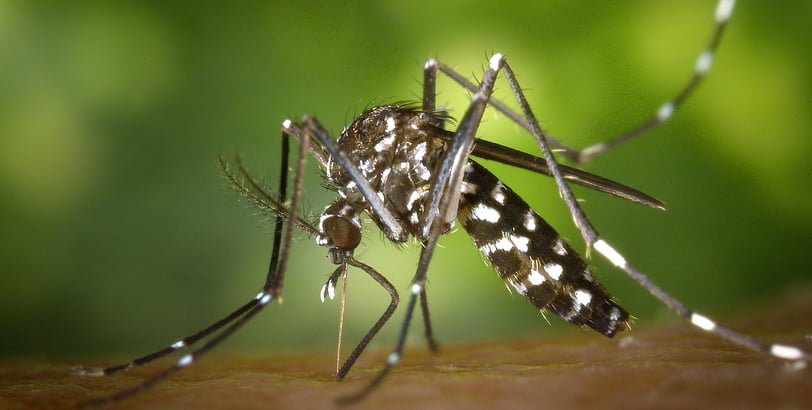Understanding Dengue: Symptoms, Effects, and Treatment
Discover comprehensive insights into Dengue fever: understand its symptoms, effects, and effective treatments to stay informed and protect your health. #Dengue.


Introduction
Dengue is a viral infection transmitted by the Aedes mosquito. It is prevalent in tropical and subtropical regions, primarily in urban and semi-urban areas. In recent years, dengue has become a major public health concern due to its rapid spread and potential for severe complications.
Symptoms of Dengue
The symptoms of dengue typically manifest within 4-7 days after a person is bitten by an infected mosquito. Common symptoms include:
High fever (up to 104°F/40°C)
Severe headache
Pain behind the eyes
Muscle and joint pain
Rash
Fatigue
In some cases, dengue can progress to a more severe form known as dengue hemorrhagic fever (DHF) or dengue shock syndrome (DSS). These conditions can cause bleeding, organ failure, and even death.
Effects of Dengue
Dengue affects individuals differently, with some experiencing mild symptoms while others develop severe complications. The virus can impact various body systems, including the circulatory system, liver, and lymphatic system. Severe dengue can lead to internal bleeding, organ damage, and a drop in platelet count.
Treatment for Dengue
Currently, there is no specific antiviral treatment for dengue. Medical care focuses on managing symptoms and providing supportive care. It is crucial for individuals suspected of having dengue to seek medical attention promptly. Treatment options may include:
Rest and hydration to prevent dehydration
Medications to reduce fever and relieve pain (avoid aspirin and non-steroidal anti-inflammatory drugs)
Close monitoring of vital signs and blood tests to detect any complications
In severe cases, hospitalization may be required for close observation and intravenous fluid administration
Prevention and Control
The best approach to dengue is prevention. Here are some preventive measures:
Eliminate mosquito breeding sites by emptying stagnant water containers
Use mosquito repellents and bed nets to reduce exposure to mosquito bites
Wear long-sleeved clothing and pants to minimize skin exposure
Community efforts to control mosquito populations through insecticide spraying and environmental management
Conclusion
Dengue is a viral infection that can have serious consequences if not properly managed. Recognizing the symptoms, seeking medical attention, and taking preventive measures are essential in controlling the spread of dengue. By staying informed and following recommended practices, we can all contribute to reducing the impact of this disease on our communities.
